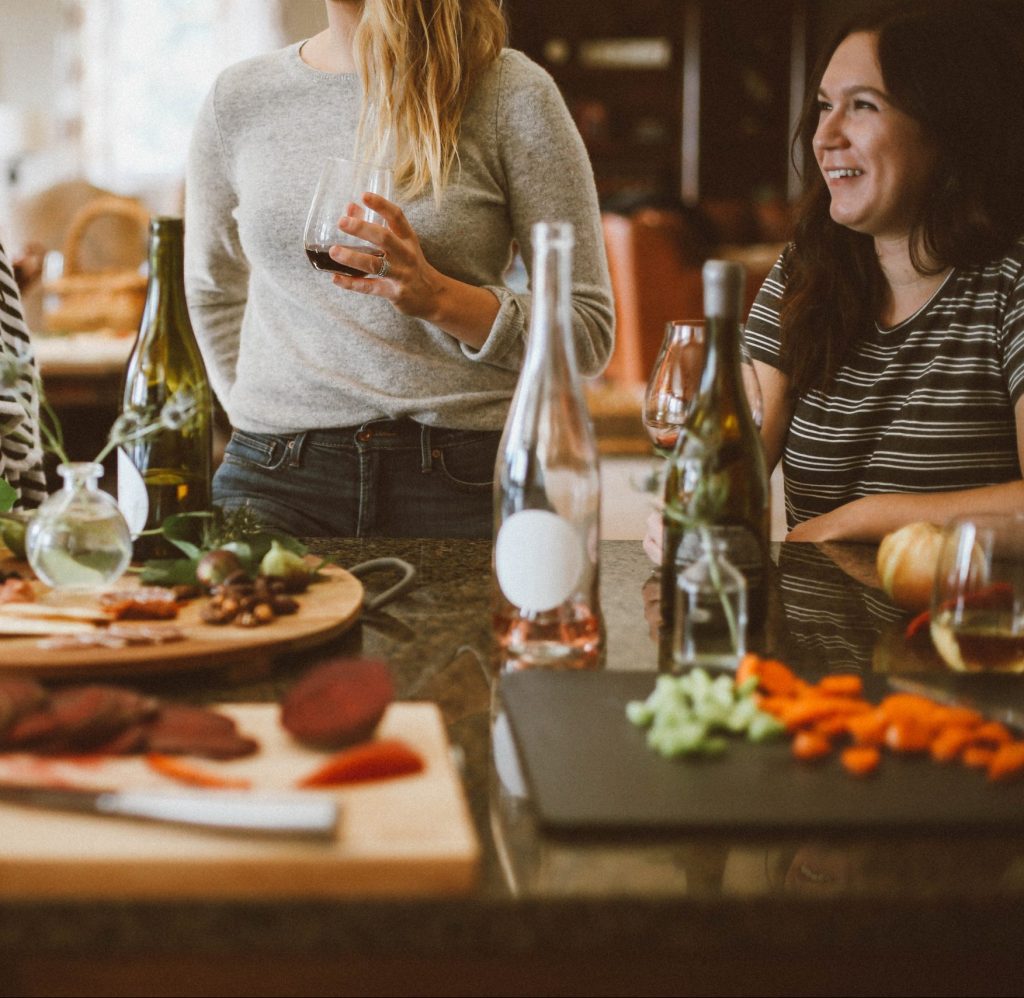Entertaining has changed quite a bit in 2020. Government-issued restrictions dictated how many people you could invite into your home or even your backyard. Large family gatherings, such as weddings or birthday parties, were put on hold. Many people are still cautious about crowds and maintaining their distance, even from close friends and family and even as safety protocols have been loosened.
Those who are eagerly awaiting hosting dinner parties or backyard gatherings can take various steps to ensure the health and safety of their guests. These guidelines can help make entertaining that much safer.
Keep the guest list small
While you may want to invite as many people as possible, keeping the guest list small can help you keep better track of contact tracing should anyone develop symptoms or feel ill. It also limits the number of people with whom you come in contact. If you plan on entertaining routinely, stick to the same guest list over and over rather than inviting new people.
Maintain social distancing
The Centers for Disease Control and Prevention continues to urge people to remain at least six feet apart from one another. Spread happens when an infected person coughs, sneezes or talks and droplets from their mouth or nose are launched into the air and land in the mouths or noses of people nearby. The droplets also can be inhaled into the lungs. The CDC and other health organizations maintain that keeping at least a six feet from others reduces the likelihood that respiratory droplets will land on another person. More distance is always better. Leave room between seats around the dining table, and discourage crowding around entertaining areas.
Wear masks
Masks can be worn when maintaining distance is not possible. Although masks may not always be comfortable or fashionable, there are ways to incorporate them into the theme of your gathering. Ask everyone to wear a specific color or style of mask. Purchase extra masks for guests if you suspect someone may not own one.
Offer individual portions
Self-service buffets and drink bars may be risky. Instead, you can don proper safety gear and serve food to your guests to minimize the amount of people touching food or beverages. Have individual drinks Canned soft drinks, beers or small bottles of wine may also help limit the spread of the virus by providing individually portioned beverages rather than having people pour or ladle drinks out of communal offerings.
Provide hand-cleaning options
Encourage guests to wash their hands frequently and make sure there’s plenty of soap in the bathroom. Individual paper towels, while not as eco-friendly as reusable cloth towels, also can improve bathroom hygiene. Keep containers of hand sanitizer in high-traffic spots around the entertaining area as well.
Check for symptoms
No one wants to play bouncer at their own dinner party, but checking to make sure guests are well or experiencing symptoms can minimize risk. The CDC urges anyone who is feeling unwell to avoid gatherings.
Hosting a gathering in the era of COVID-19 can be challenging. However, it’s possible to do so safely if hosts and their guests adhere to safety precautions set forth by local governments and the CDC.
